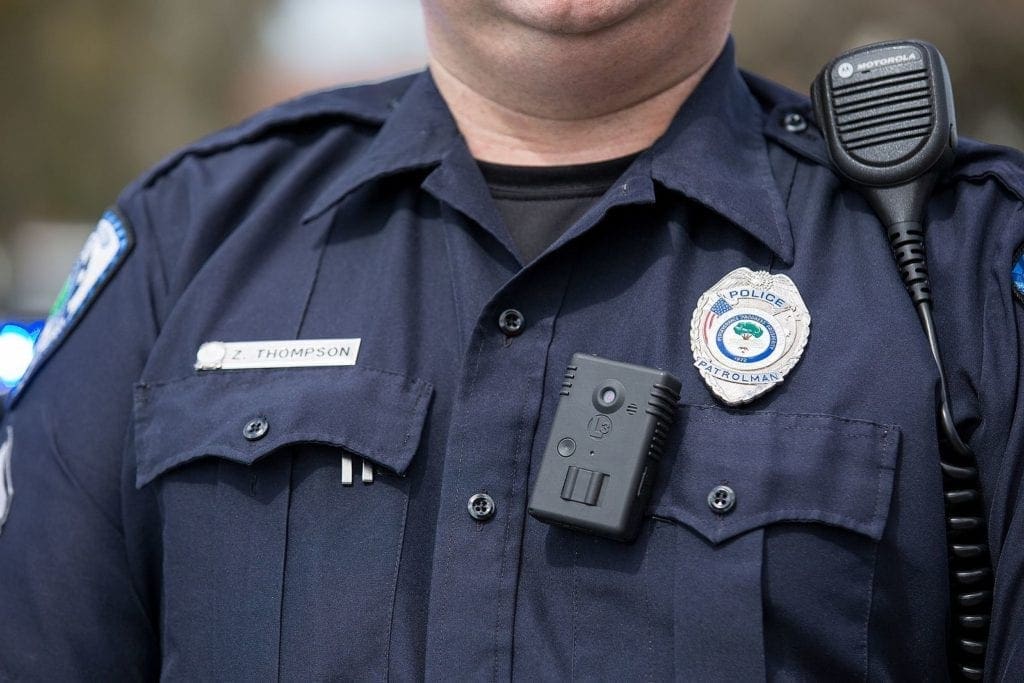Police departments started using body cameras in 2012, with Illinois being one of the first states to require it by law. But it wasn’t until earlier in 2018 that the New York Police Department announced all its patrol officers were getting their own body cameras by the end of the year.
Now that a body camera exploded while in use by an officer, the NYPD is suspending the use of thousands of these devices.
So much for law enforcement accountability.

The Vievu model LE-5 body cam in question started to smoke while in use by an officer. As soon as he noticed the issue, he took the device off, avoiding any injury. The camera reportedly then burst into flames.
After the incident, the department suspended the use of all LE-5 body cams.
In a statement, the NYPD explained that because of the device’s battery may ignite, it isn’t safe for officers to keep using them. But most shocking is how the NYPD did nothing to provide the public with the so-called accountability it promised, as the agency stated that “nothing is more important than the safety of our officers,” therefore replacing the defective body cams with working devices is not a priority at this time.
Instead, thousands of officers are now, once again, allowed to go back to their business without the fear of having their actions recorded.
But did the devices provide any accountability to begin with?
Body Cams Were Never Meant As A Solution To Police Brutality
According to the largest study on body cam usage, the use of the device does not reduce the instances of police brutality, nor do they bring the number of civilian complaints against police for excessive force down.
But in 2015, President Barack Obama used the assumption that officers would behave better if they knew they were being watched to show the nation he was serious about police brutality. And in no time, $23 million in federal money (read: taxpayer-backed) had been shipped to 73 local and tribal law enforcement agencies in 32 states so they could expand the use of body cameras.
The move helped to make him look more proactive after the Ferguson protests. Nevertheless, it served as nothing but a band-aid trying to cover a wound the size of a crater.
For us to address police brutality correctly, we must first come to understand that the issue stems from the government itself.
By giving a government agency sole power over the use of force takes away personal responsibility from the picture, giving officers the idea they are immune to persecution. The only real solution to police brutality is, therefore, the end of the monopoly of force granted to government.

























